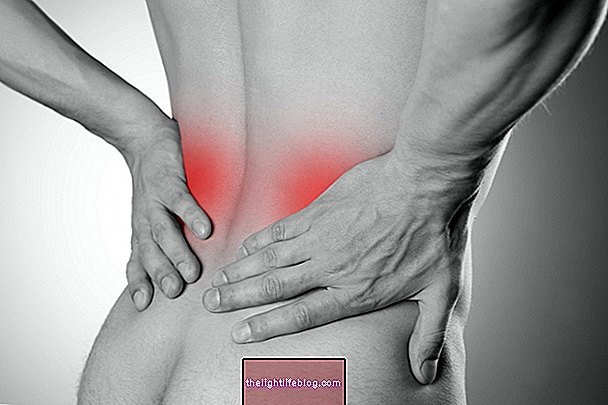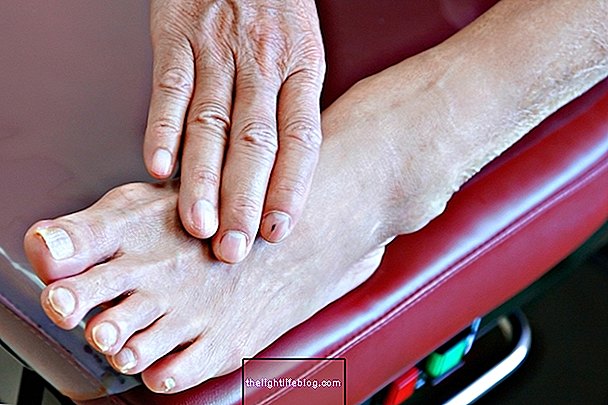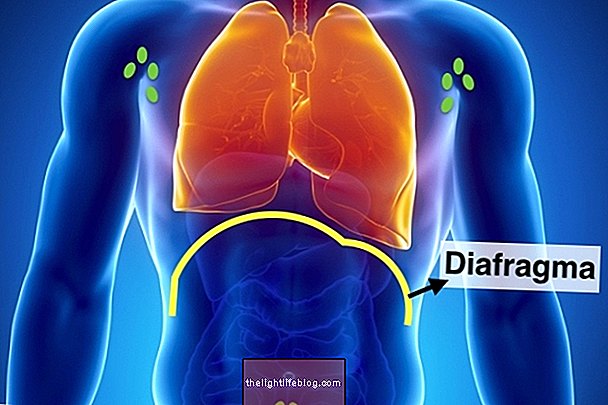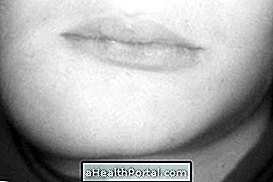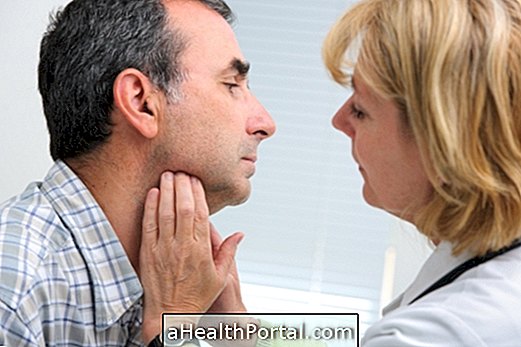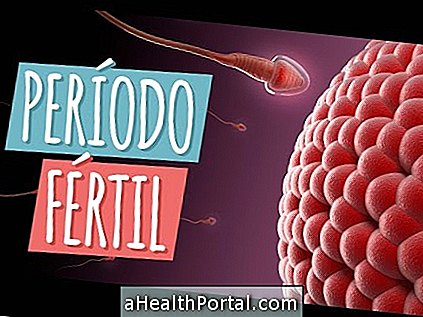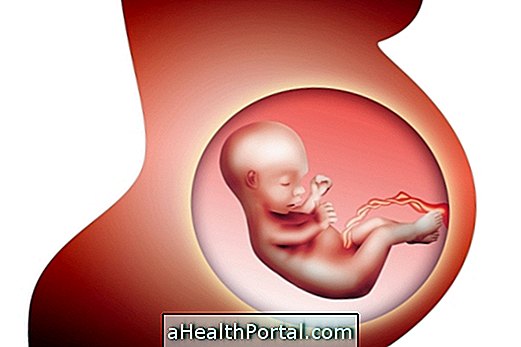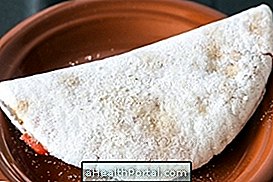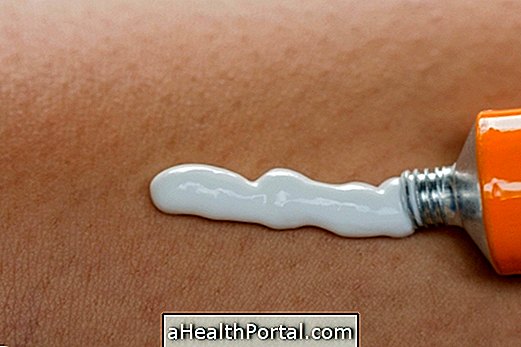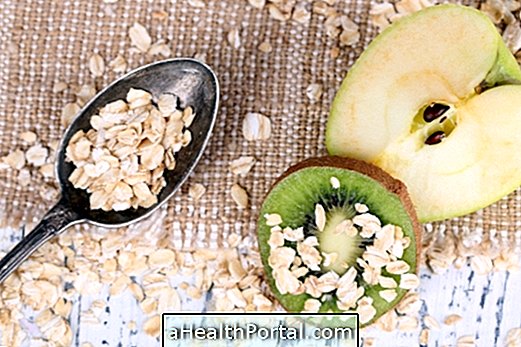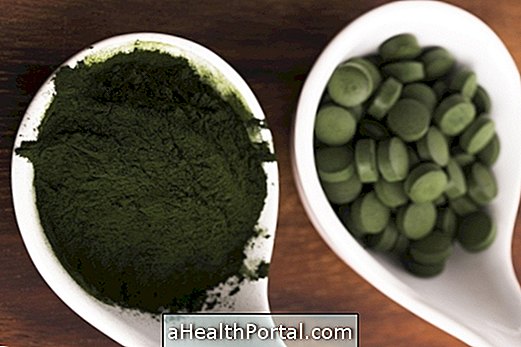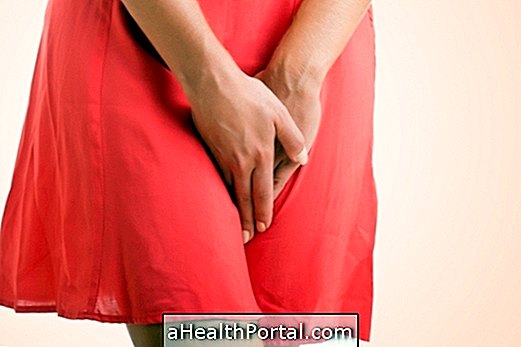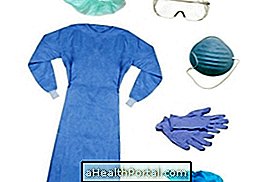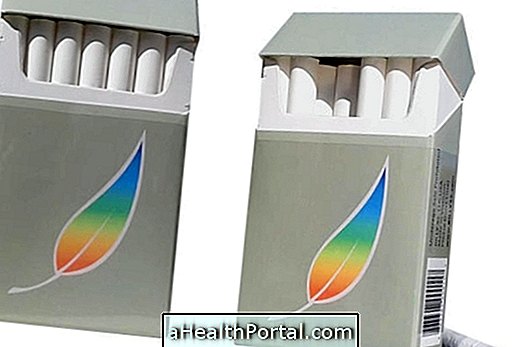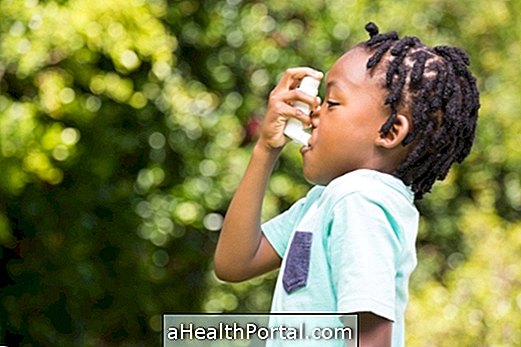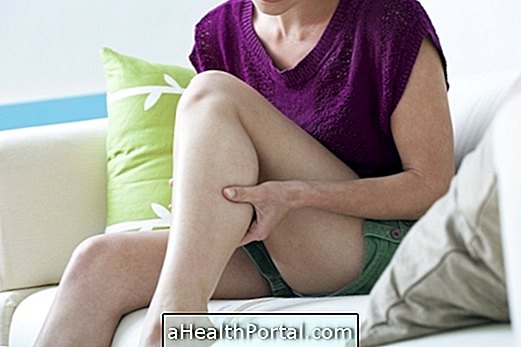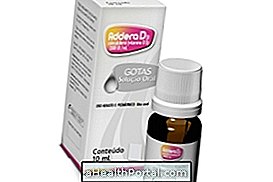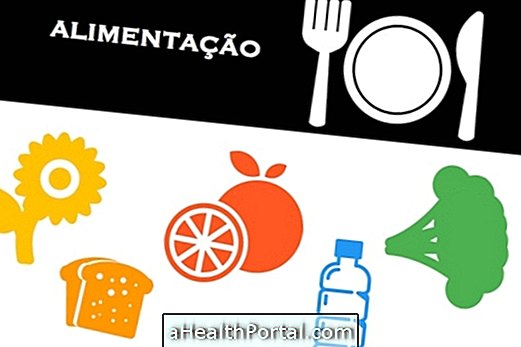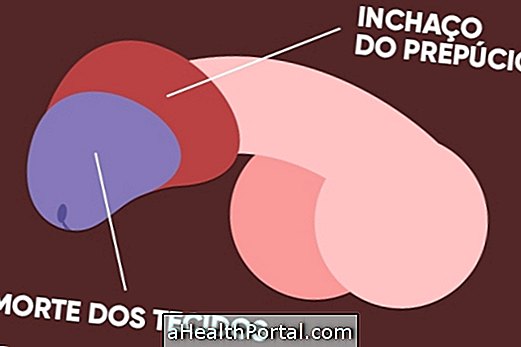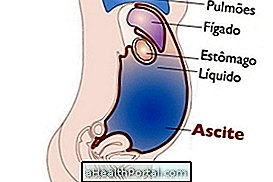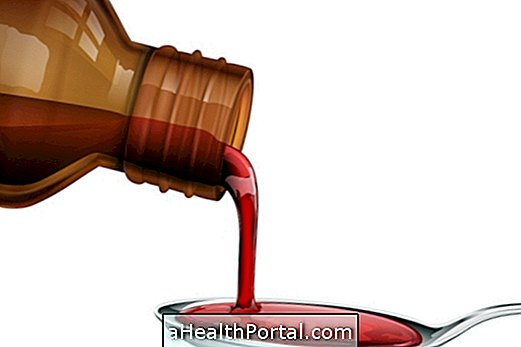The people at highest risk for breast cancer are women, especially when they are over 60, have had breast cancer or have cases in the family and also those who have had hormone replacement therapy at some point in life.
However, breast cancer can occur in anyone, and the most important is to do breast self-examination once a month, since, in the initial phase, this type of cancer does not cause specific symptoms, which can delay the diagnosis and the treatment.
Main risk factors
Thus, the main factors that increase the risk of breast cancer are:
1. History of breast changes
Women who have a greater chance of developing this type of cancer are those who have had breast problems or have had radiation therapy in the region, as in other types of cancer in this region or in the treatment of Hodgkin's lymphoma, for example.
The risk is also greater in women who have benign breast changes, such as atypical hyperplasia or lobular carcinoma in situ and high breast density evaluated on a mammogram.
2. Family history of cancer
People with family members who have had breast or ovarian cancer, especially when a relative is first-degree as a parent, mother, sister, or daughter, also have a 2 to 3-fold increased risk. In these cases, there is a genetic test that helps to confirm if there really is a risk of developing the disease.
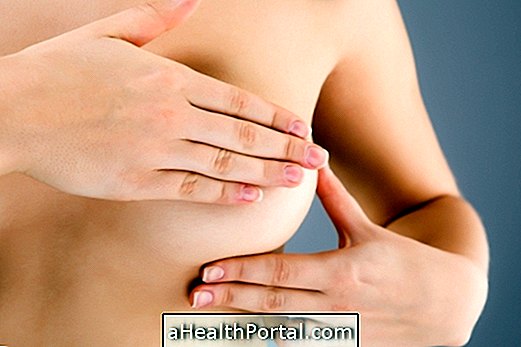
3. Menopausal women
In most cases, menopausal women undergo hormone replacement therapy with estrogen or progesterone remedies, which may increase the risk of developing cancer, especially when it is used for more than 5 years.
In addition, when menopause occurs after age 55, the chances are also higher.
4. Unhealthy lifestyle
As in almost all types of cancer, lack of regular physical activity increases the chances of having breast cancer, especially due to the increase in body weight, which favors the development of mutations in the cells. In addition, consumption of alcoholic beverages throughout life also increases the risk of having cancer.
5. Late pregnancy or absence of pregnancy
When the first pregnancy arises after age 30 or in the absence of pregnancy the risk of developing breast cancer is also higher.
How to reduce your risk of getting cancer
To decrease the chances of developing cancer it is important to avoid unhealthy foods such as canned and ready-to-eat meals, as well as avoid other factors such as being exposed to smoke or having a BMI greater than 25.
In addition, one should consume about 4 to 5 mg per day of vitamin D, such as egg or liver and opt for foods rich in phytochemicals such as carotenoids, antioxidant vitamins, phenolic compounds or fibers, for example.
If you think you have a high risk of developing breast cancer see the tests you can do in: Exams that confirm breast cancer.
Watch the following video and see how to do the breast self-exam:

